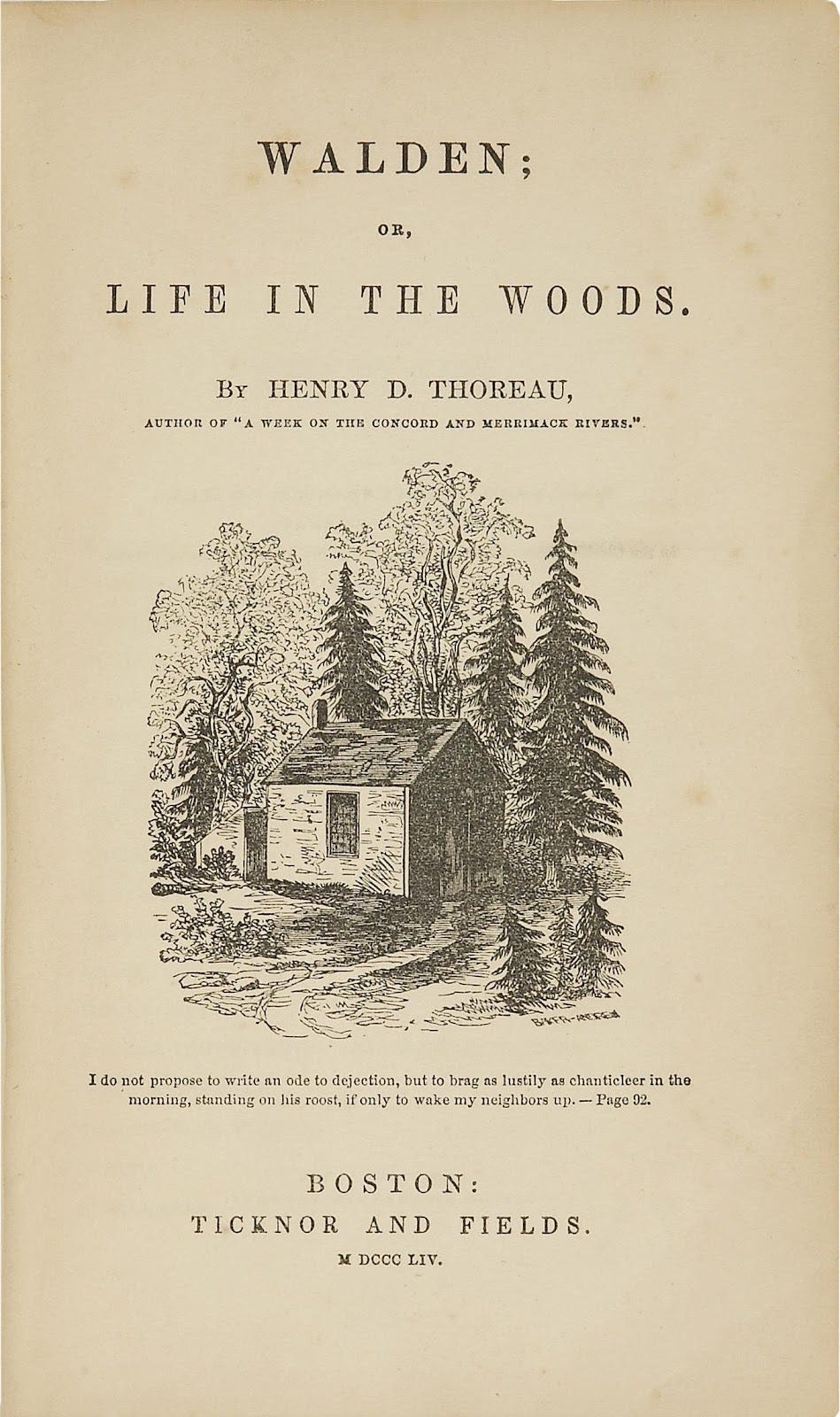I first read the artist and writer Jenny Odell’s “How to do Nothing: Resisting the Attention Economy” back in 2019 when it had just been published. I found it to be such a richly thought-provoking read that I decided it was time to revisit it, in anticipation of her new book ‘Saving Time: Discovering a Life Beyond the Clock’, which is due out next month.
It’s a book that rewards a second reading. But it’s not really a book about doing nothing. It is much more pointedly about: ‘Resisting the attention economy’. It’s about reclaiming our time for silence and daydream and an argument for offering our attention to the local and the present instead of to the endless, hypnotic scroll of the screen.
In a world where social media and rolling 24-hour news cycles increasingly capture our attention, Odell argues that we cannot, indeed should not, retreat entirely from the digital realm, but that we do need to find ways to disconnect and be more conscious about where we choose to direct our attention.
“By spending too much time on social media and chained to the news cycle, you are marinating yourself in the conventional wisdom, in other peoples’ reality: for others not yourself. You are creating a cacophony in which it is impossible to hear your own voice, whether it’s yourself you’re thinking about or anything else.”
This isn’t a new phenomenon. Henry David Thoreau gave much the same rationale for retreating to his cabin in Walden woods. He stepped away from the townspeople of Concord not to retreat entirely but to find the quietness he needed to be able to think for himself.
Thoreau argued that when we are immersed in busy community life, “we are inclined to leave the chief stress on the likeness and not on difference” and accept received wisdom. In solitude and silent reflection Thoreau finds an “intelligence above language”. He advocated cultivating independence of mind by travelling inward to “separate…from the multitude” into a personal interior which is a rich mix of the familiar and the wild.
So the problem isn’t a new one. But it is becoming more acute. The rapacity of the contemporary attention economy in our Capitalist world is a subject that Tara McMullin has also been tackling in recent episodes on her brilliant podcast ‘What Works” which can also be read in full here. McMullin teases out the parallels between attention and money, showing how our attention is quite literally a form of capital, one which we freely donate to the social media billionaires with every Facebook or Instagram post we upload.
“Our attention is in scarce supply today. We don’t have less attention than we used to. But there is more vying for it. The demand far outpaces the supply we bring to market.”
It’s not surprising that we often feel like our attention is depleted, distracted and shallow. Our world has been designed that way.
In her book, Jenny Odell is concerned with the quality of attention we can cultivate when we free ourselves from distractions that have become exponentially more strident and seductive since Thoreau’s time. For Odell, as for Thoreau, this not just a question of personal wellbeing, but of political and ecological awareness.
“In my capacity as an artist I have always thought about attention, but it’s only now that I fully understand where a life of sustained attention leads. In short, it leads to awareness, not only of how lucky I am to be alive, but to ongoing patterns of cultural and ecological devastation around me – and the inescapable part that I play in it, should I choose to recognise it or not. In other words, simple awareness is the seed of responsibility.”
However, Odell doesn’t advocate complete rejection or retreat. You don’t need to delete your Facebook account. It wouldn’t work anyway, because
“there is no escaping the political fabric of the world…The world needs my participation now more than ever.” But, she says, “we need to be able to do both: contemplate and participate, to leave and always come back, where we are needed.”
She says we should give due value to those boringly repetitive maintenance tasks that recur day after day, week after week, because it is this cyclical work that sustains life itself: “The life force is concerned with cyclicality, care, and regeneration.” It’s no coincidence, she says, that these tasks are undervalued, as they are generally considered feminine.
Odell explains how birdwatching has taught her both attention and patience. Animals are good teachers, she suggests. They “don’t see progress, they just see recurrence, day after day, week after week. And through them,” Odell says “I am able to inhabit that perspective too.”
Here's to turning up, paying attention, and taking care.
Sam






